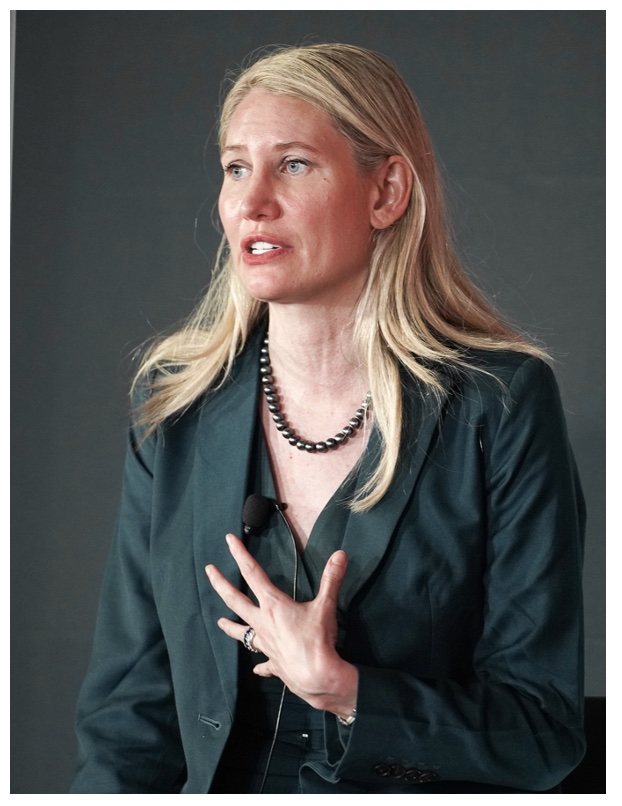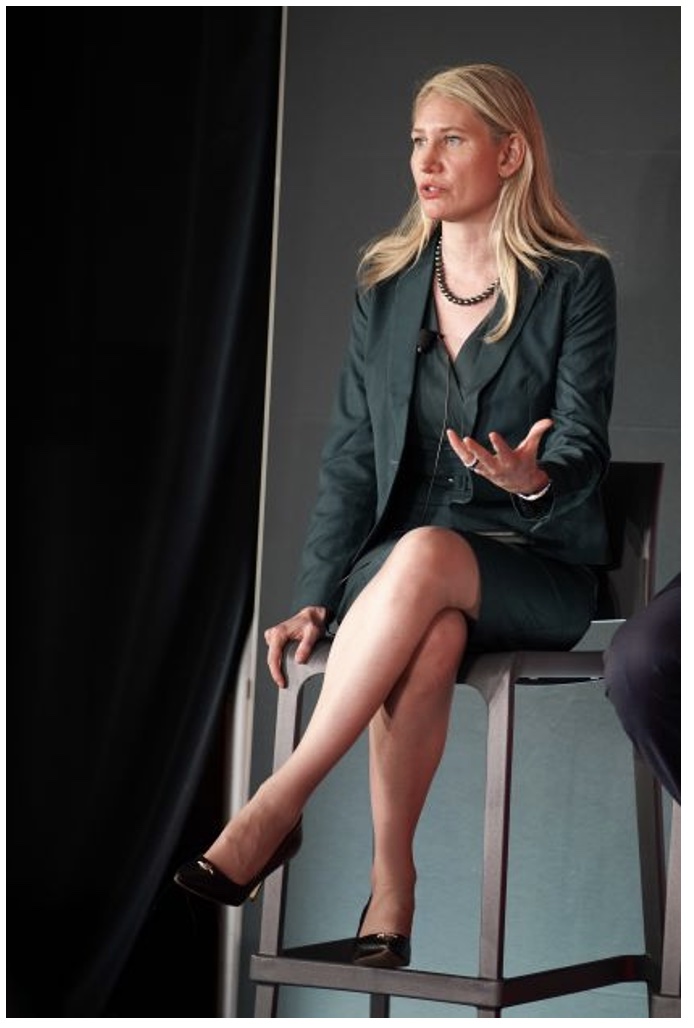
As we go deeper into the digital age, with technological innovations awaiting us around every corner, we are confronted with an uncomfortable question: are we truly as advanced as we think? It depends on how we define “advanced.” If we point to achievements like the metaverse, then yes, of course we are. If, however, we mean that we have created a society in which everyone is included and valued, then we may be falling short.
Consider the situation for neurodivergent people, whose brains function differently. Individuals with ADHD, autism, and dyscalculia, among others, still struggle to find their place in a society that does not always make room for them. It is an issue that Dr. Maureen Dunne has dedicated her life to solving through the intersection of education, neurodiversity, and the future of work.
Dr. Dunne is the CEO of Autism Community Ventures, a Public Benefit Corporation, with a global network of strategic partners and a mission to drive social, economic, and financial inclusion for neurodivergent people. The organization is focused on supporting the success of students, jobseekers, entrepreneurs, and employees, as well as helping businesses discover, hire, and retain neurodivergent professionals.
Dr. Dunne is also an experienced inclusion trainer and regularly works with organizations, schools, and companies to develop processes and embrace an organizational culture that will best support neurodiversity inclusion. What she often finds is that there are misconceptions about the abilities of neurodivergent people.
She is using her expertise to promote authentic inclusion and meaningful opportunities for neurodivergent children and adults. She recently introduced important, original concepts such as “Neurodiversification” and the importance of “auditing unconscious neurodiversity biases” with practical tips for organizations as a Keynote Speaker at the recent Stanford Neurodiversity Summit and as a Lead Speaker at The Atlantic Festival, where Neurodiversity was included as part of their DEI segment for the first time in history.
According to Dr. Dunne, “Neurodivergent people are both profoundly underestimated and underserved by our society. While progress has been made in recognizing unique talents and abilities, I am convinced that we must do more to create pathways to maximize potential at school and at work. This can happen through training, upskilling, mentorship, and job placement opportunities. It is imperative that neurodivergent people are authentically included within our education system and business economy. When this occurs, we all benefit.”

While Dr. Dunne believes the educational system in general can empower neurodivergent individuals, she is especially passionate about the role of community colleges. As the President of the Illinois Community College Trustees Association (ICCTA), which serves over 700,000 students and has provided community college and legislative advocacy for 50+ years, she has seen students with ADHD and other conditions excel in the classroom. Dr. Dunne would like to see more programs for these students in community colleges across the United States.
In this vein, she recently spearheaded the adoption of the ICCTA’s Neurodiversity Inclusion Resolution, which has already been adopted by several higher education institutions, including one of the largest and most influential in the state. She says she has heard from other colleges around the country interested in taking a similar step. The Diversity, Equity, and Inclusion movement offers a useful precedent that demonstrates that such steps can have widespread impact.
“What is needed is a mindset shift – the focus should be on the advantages,” notes Dr. Dunne. “That shift can start with an expression of intention to authentically include and value all kinds of minds.”
Dr. Dunne is also focused on creating more opportunities for young neurodivergent children. In April 2022, she helped launch the LEGO Foundation’s new accelerator program, Play for All.The funding and mentorship program is specifically designed for social enterprises, ventures, and organizations that wish to support autistic children and children with ADHD with play-based learning. LEGO has invested $20 million in the project so far.
“This venture will be impactful because innovations in this space are underfunded and yet critical to shifting mindsets to a strength-based perspective – and to providing support as neurodivergent children navigate a school system not designed for them,” says Dr. Dunne. “I am thankful that LEGO Foundation has been such an excellent partner and cannot wait to see the results of the accelerator program.”
As Dr. Dunne looks to the future, she is hopeful that neurodivergent people will continue to find more opportunities for what she calls “authentic inclusion” in society. “It will take time,” she allows, “but it will happen and our collective future depends on it.”
Dr. Maureen Dunne is an expert in neurodiversity and earned joint BA/MA degrees from the University of Chicago and a master’s degree from the London School of Economics. She also attended the University of Oxford as a Rhodes Scholar, earning her Ph.D. in cognitive science from the Division on Medical Sciences. Later, she completed a postdoctoral fellowship in the cognitive/data sciences as a fellow at MIT/Harvard as well as corporate board and leadership training at Harvard Business School.
Dr. Dunne is a frequent Keynote Speaker at events such as the Stanford Neurodiversity Summit, The Atlantic Festival, Community College Day at the National Science Foundation, the upcoming Global Early Education Summit, the opening for the Andy Warhol Exhibit, college commencements, Future of Work initiatives, and Fortune 500 and organizational retreats. Dr. Dunne serves on the Board of Directors of the Association of Community College Trustees, where she helps guide the policy agenda and advocacy efforts affecting more than 12 million community college students in the United States and beyond.
Advertising disclosure: We may receive compensation for some of the links in our stories. Thank you for supporting LA Weekly and our advertisers.
